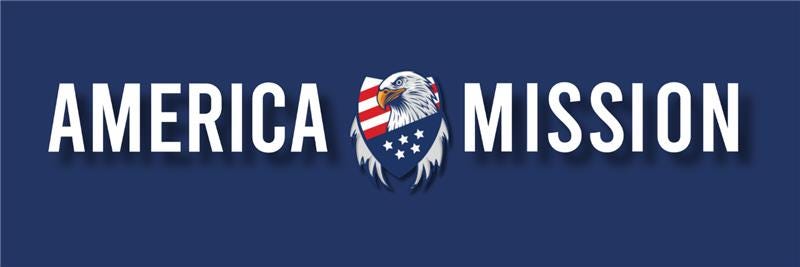America Mission's Policy Analysis section is dedicated to dissecting complex bills and upcoming policies, breaking them down into understandable segments to explain their impact on Americans' lives. We focus on providing clear and concise insights into how these policies affect you personally and why staying informed on Washington's bureaucratic decisions is crucial.
Understanding the Impact of the "Farm Bill" on Rural America
The proposed "Farm Bill," officially an Omnibus slate of policies, presents significant changes that could reshape rural America and the country's food supply. Our analysis at America Mission breaks down this complex legislation into key points:
Comprehensive Scope: Beyond agriculture, the bill proposes amendments to historical acts and new initiatives like reparations. It encompasses a wide range of areas including commodities, conservation, trade, nutrition, credit, rural development, and more.
Climate Change Focus: A significant portion of the bill is dedicated to climate change mitigation strategies, potentially creating a new compliance-based system affecting farmers and ranchers.
Controversial Budget Decisions: The bill's budgetary implications, particularly in Title 6 covering Rural Development, have sparked heated debates. Despite media narratives, our analysis finds that programs like WIC and SNAP see adjustments, not outright cuts.
Digital and Regulatory Shifts: The bill suggests a move towards digital systems and new regulatory standards in agriculture, raising concerns about the future of farming and rural lifestyles.
This policy package, if passed, will have far-reaching implications for rural America, underscoring the need for informed advocacy and understanding of its impacts.
READ MORE ABOUT THE FARM BILL HERE
Policy Analysis: The Digital Platform Protection Act (S. 1671)
Senator Michael Bennet's reintroduced Digital Platform Protection Act, S. 1671, proposes a comprehensive approach to regulating the digital space, raising significant concerns over potential censorship and consolidation of power:
Public-Private Convergence: The bill aims to address issues like misinformation and political extremism through a partnership between government, academia, and big tech. This convergence could potentially centralize control over digital platforms, impacting free speech and privacy.
Proposed Bureaus: The Act suggests establishing four key entities: The Researchers, The Code Council, The Court (Commission), and The Code Enforcers. Each plays a role in creating, interpreting, and enforcing internet regulations, potentially leading to a more regulated and monitored digital environment.
Jurisdiction and Enforcement: The Commission would have expansive jurisdiction over digital platforms, with powers to create and enforce codes. This includes authority over content moderation, algorithm transparency, and data privacy, potentially reshaping the landscape of digital communication and commerce.
Cost and Oversight: The proposed budget for this initiative is $4.5 billion through 2032, with a substantial increase in funding each year. However, the bill lacks immediate oversight mechanisms, delaying comprehensive review and accountability for five years.
America Mission’s analysis highlights concerns about the bill's potential impact on internet freedom and its approach to digital regulation, emphasizing the need for cautious consideration of its far-reaching implications.
READ MORE ON THE DPCA HERE
NATURAL ASSET COMPANIES - ARTICLE COMING SOON
As America Mission continues to delve into these policy changes, we urge our readers to stay informed and engaged. Understanding the implications of such sweeping legislative proposals is essential to ensure informed advocacy and to safeguard the interests of all Americans, particularly those in rural communities.






